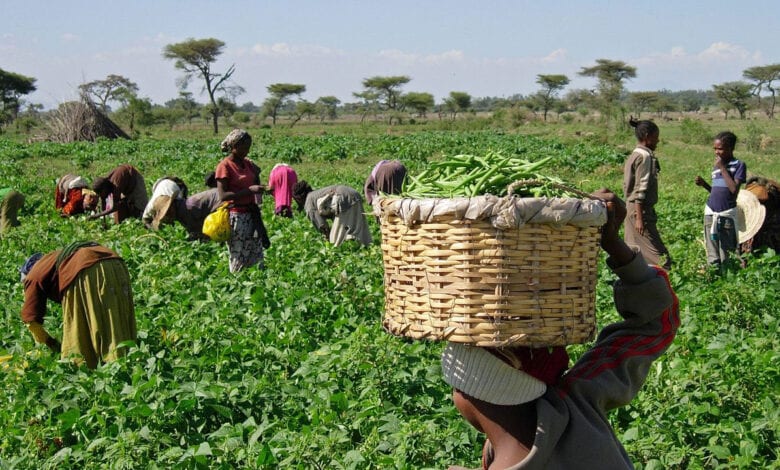ABUJA, Nigeria — The Nigerian government has deployed 10,000 armed agro rangers across 19 states and the Federal Capital Territory in response to escalating attacks on farmers, which have led to widespread abandonment of farmland and soaring food inflation.

This move comes after the government declared a state of emergency on food security in 2023. The rangers’ mission is to safeguard farmland and mediate conflicts, particularly in areas affected by farmer-herder clashes.
Fatima Bello, a smallholder farmer from Sokoto who cultivates rice, millet, and beans, exemplifies the challenges faced by Nigerian farmers. “During the dry season last year, I did not even plant anything because of this issue of insecurity,” Bello said. She welcomed the deployment of agro rangers, noting, “It has just been started, so we need to see, maybe take some time. Then we will be able to know the impact.”

Babawale Afolabi, spokesperson for the Nigeria Security and Civil Defense Corps, affirmed the rangers’ readiness. “Our operatives have been on top of the game since the commissioning of the agro rangers squad nationwide,” Afolabi stated. He emphasized that the rangers are “a well-seasoned, trained and formidable special force,” and thanked the federal government for providing necessary logistics.
The initiative has garnered support from states considered hot zones for farmer insecurity, including Plateau, Zamfara, and Niger, which are providing additional logistical support to the squad.
While praising the government’s intervention, Retson Tedheke, a farmer and agricultural economist, stressed the need for more personnel. “It’s a very good thing,” Tedheke said, “but 10,000 is a very small number.” He suggested that the number of agro rangers should be significantly higher, potentially matching or exceeding the number of polling units in the country.

Tedheke also emphasized the importance of addressing root causes of insecurity in farming communities. “Nigerian farmers should be getting loans at between 5% and 7%,” he argued, “because we are producing food… Food security is a major component of political development, governmental development and leadership development.”
The deployment comes as the United Nations Food and Agriculture Organization warns that 22 million Nigerians could face food insecurity in 2024, with projections rising to 82 million by 2030 if current trends continue.



